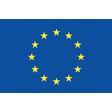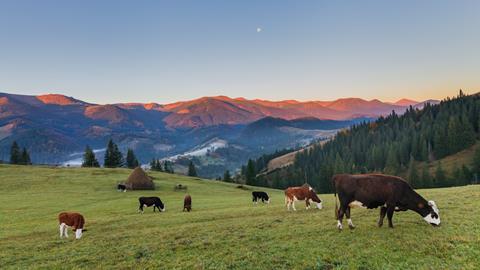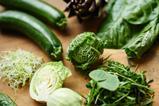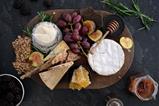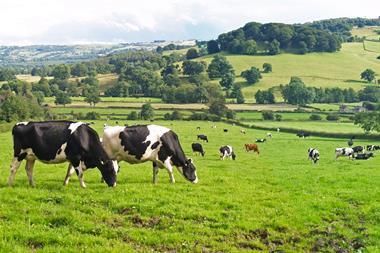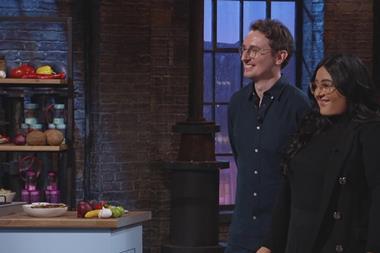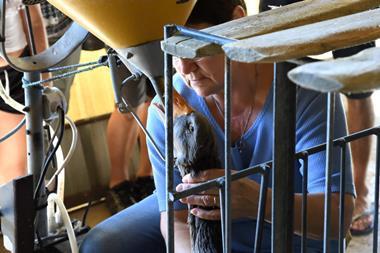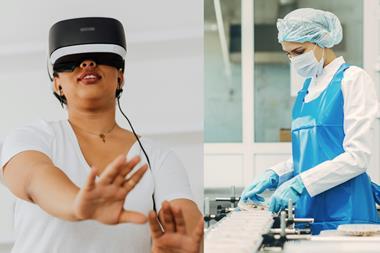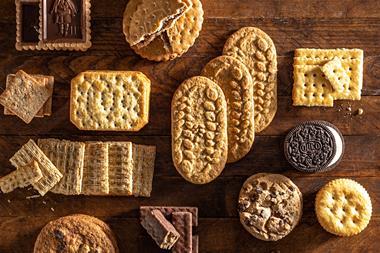With the environment and carbon footprint of increasing concern to consumers, retailers are under pressure to source the products on their shelves sustainably and, in Europe, the EU is mounting a campaign to show how it is supporting quality and sustainability across its food producing regions.
It’s no secret that sustainability in food production is a huge consideration for retailers, but it is also becoming an increasing driver in consumer buying decisions. In a recent survey, 32% of respondents indicated they were adjusting their food habits to have a lower environmental impact and were willing to pay more for products that are less harmful to the environment [PWC].
The same survey also revealed that 85% of respondents had experienced the disruptive effects of climate change first-hand, underlining a very urgent need for sustainable transformation across all industries.
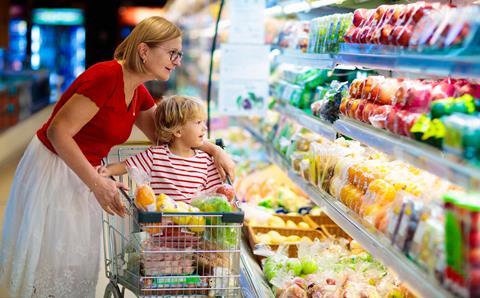
Rising consumer demand coupled with the visible impact of climate change has driven the EU to set bold targets, aiming to be the first climate-neutral continent by 2050. To achieve this, the EU has put in place strict regulations to address environmental challenges in their broadest sense. The Green Deal outlines goals that are pertinent to the food sector, providing solid reassurance to retailers and brands that a traceable and quantifiable sustainable food chain is at the top of the EU’s agenda.
By 2030, the EU is aiming to convert 25% of farmland to organic farming (from 8% in 2018), reduce the use of fertilisers by at least 20%, reduce chemicals and hazardous pesticides and the use of antibiotics by 50% and to reduce methane emissions by half.
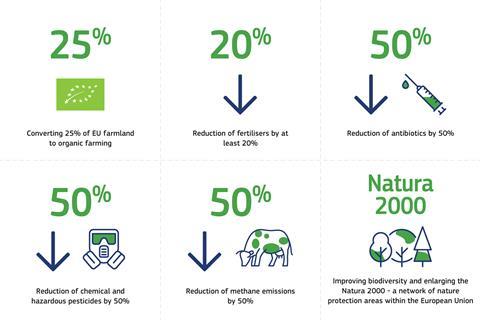
Balancing sustainable transformation with the needs of producers
The EU acknowledges the pressures faced by farmers and therefore has in place financial incentives to reward voluntary actions that advance its environmental and animal welfare objectives. The largest financial contribution comes from eco-schemes and environmental and climate commitments under rural development, with €44.7bn and €33.2bn respectively. The flexibility granted to Member States in designing these tools has allowed them to target specific needs in their national or regional contexts.
How EU Member States are leading the way to a more sustainable future
Some examples of best practice include:
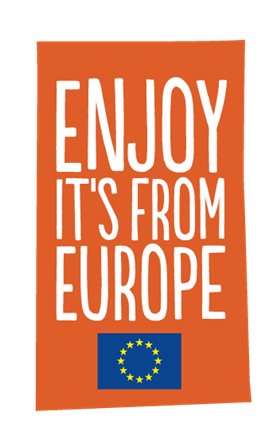
● Portugal, Bulgaria, Croatia, Cyprus, Greece and Slovenia plan to promote organic fertilisers as an alternative to synthetic ones;
● Germany is supporting both investment and maintenance aid for agroforestry – a land management approach to combine agriculture with trees to give healthier soil, higher yields and to create vital homes for wildlife;
● Finland has a scheme to keep agricultural land with a cover of winter crops, crop residues or catch/cover crops to prevent nutrient and pesticide run-off and soil erosion;
● Spain is offering extra funding for sustainable grazing and mowing practices on pasture to reduce soil degradation and improve biodiversity;
● A Polish eco-scheme is providing significant support for better living conditions of livestock.
A focus on organic farming and Geographical Indications
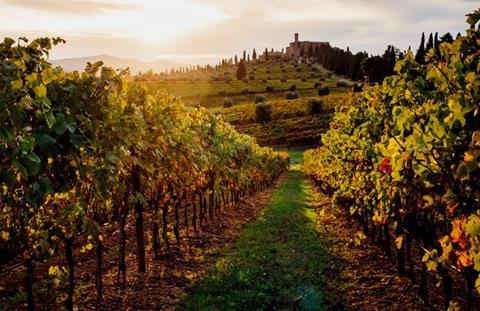
From better farming techniques to cleaner energy options, emerging technologies are propelling sustainability in the EU forward. This includes an increasing focus on organic farming and promoting Geographical Indications (GIs), which work as accelerators for long-term sustainability by ensuring the ongoing use of traditional production, processing, and marketing know-how.
The wine industry is a great example of organic production in practice. The EU cultivates 90% of the grapes used in organic wine worldwide, with France, Italy and Spain at the forefront of organic winemaking [CBI]. Wine can only be certified as organic when the grapes are cultivated without the use of any artificial chemical fungicides, pesticides, herbicides or fertilisers.
Organic viticulture (the production of organic wine) includes the protection of the natural balance of the vineyard and its surrounding environment during the production process. At the winemaking level, only organic techniques are used. This means little to no manipulation of wines by reverse osmosis and excessive filtration, and no use of flavour additives.
For retailers and food producers looking to offer consumers the reassurance of the highest quality, authenticity and traditional farming practices, products registered as Protected Designation of Origin (PDO) and Protected Graphical Indication (PGI) should be a key consideration.
A renowned example of a Protected Designation of Origin product with a sustainable heritage and future is Ibérico Ham, Dehesa de Extremadura PDO. The ancient traditions, that are regulated within the PDO, ensure that the pigs roam free on a diet of acorns, which leads to the pigs’ extremely covetable meat. Studies have shown that the minimal off-farm feed required for the pigs and the carbon held in the forests results in significantly less greenhouse gases than more intensive farming examples. Across the EU such regional traditions are protected and, furthermore, native breeds are being safeguarded through EU-funded rescue schemes such as the European Livestock Breeds Ark and Rescue Net (ELBARN).
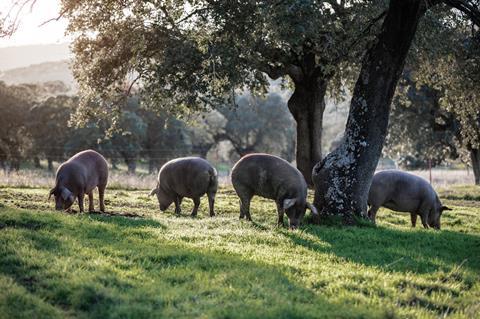
A trusted source for supply chain sustainability
It is clear that, through a holistic approach to sustainable production, the EU is not only protecting the environment but giving farmers new incentives to make their farming more sustainable. This focus and ambitious drive to become a climate-neutral continent by 2050, means that the EU is a trusted source for retailers seeking solutions to their own sustainability goals.
For more information about the EU’s More Than Only Food & Drink campaign visit https://enjoy-its-from-europe.campaign.europa.eu/united-kingdom/en
For more information on sustainable agriculture in the EU visit https://agriculture.ec.europa.eu/sustainability_en
Also, don’t miss The Grocer’s FREE webinar on How to make post-Brexit import checks work. Register here now.
